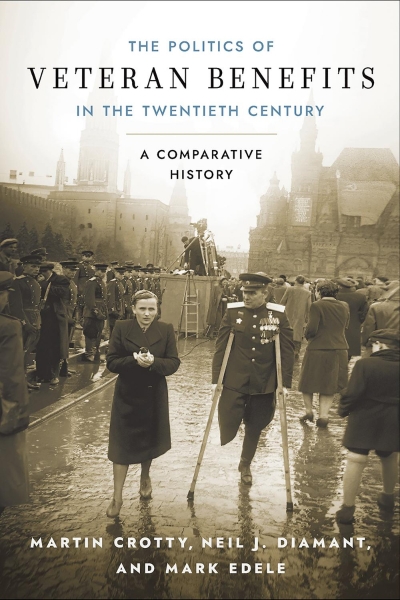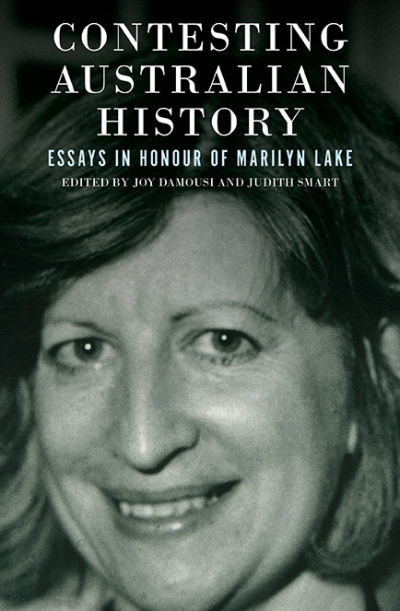Christina Twomey
The Work of History: Writing for Stuart Macintyre edited by Peter Beilharz and Sian Supski
by Christina Twomey •
The Politics of Veteran Benefits in the Twentieth Century: A comparative history by Martin Crotty, Neil J. Diamant, and Mark Edele
by Christina Twomey •
I am from a very large island, a continent in fact. Yet smaller islands have meant more to me – trips to Bribie Island with my grandmother to drink shandies and eat crab sandwiches; two years living in an expatriate Australian community on the Malaysian island of Penang; an object lesson in the power of oceans while visiting American Samoa, when my then boyfriend and I were carried by the tide beyond the coral reef we were exploring with snorkels. In my part of the world, small islands often connote tourism, but they also serve other objects. There is a vanishing point where paradise becomes isolation, where utility meets strategy and where purpose matters more than people.
... (read more)Contesting Australian History: Essays in honour of Marilyn Lake by Joy Damousi and Judith Smart
by Christina Twomey •





